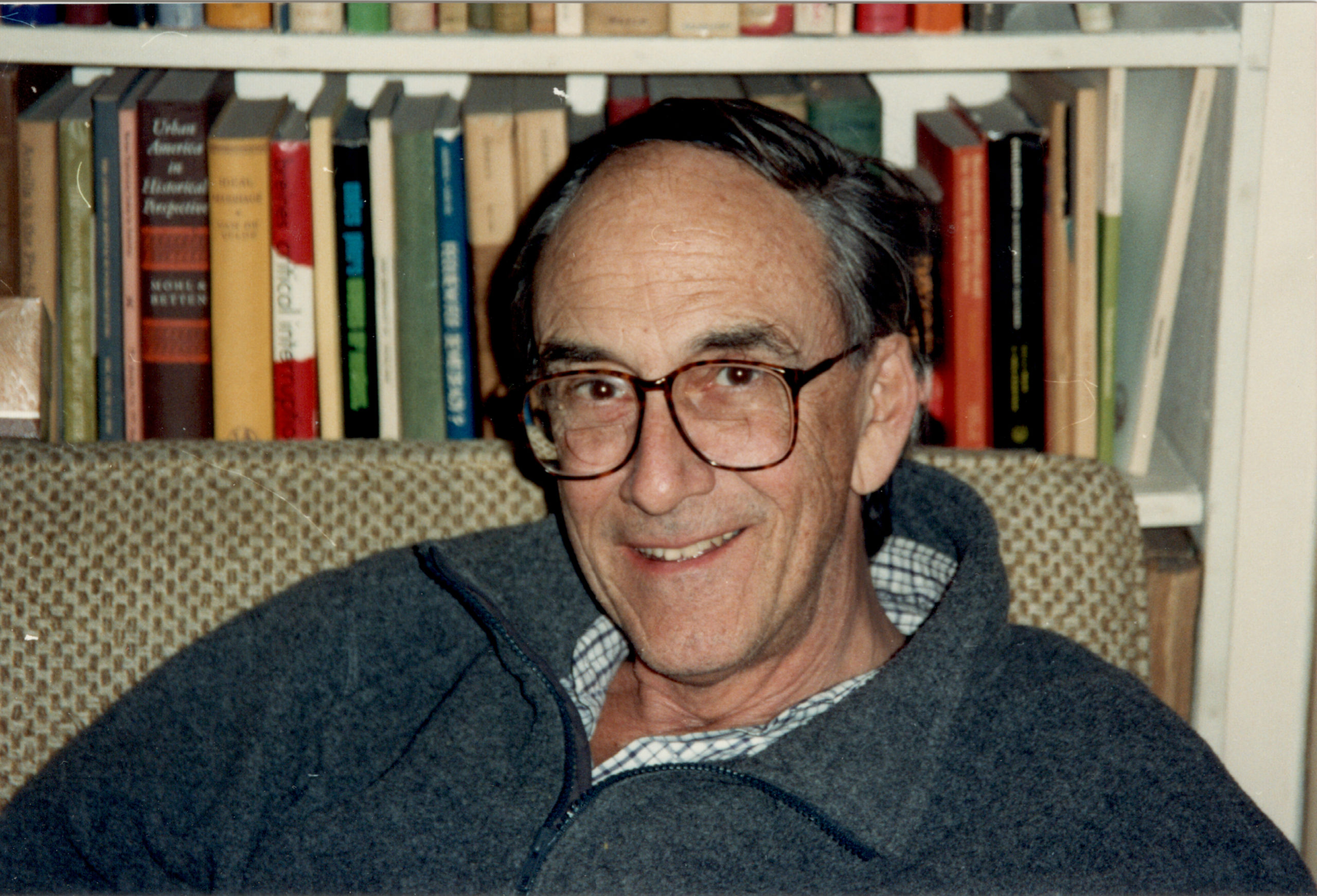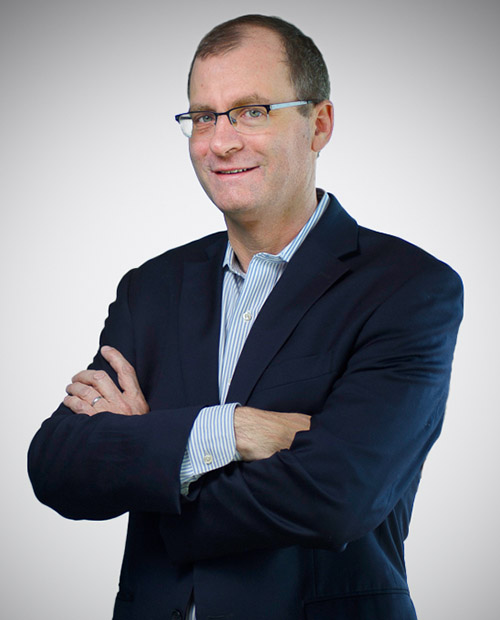Home - MIT STS (original) (raw)
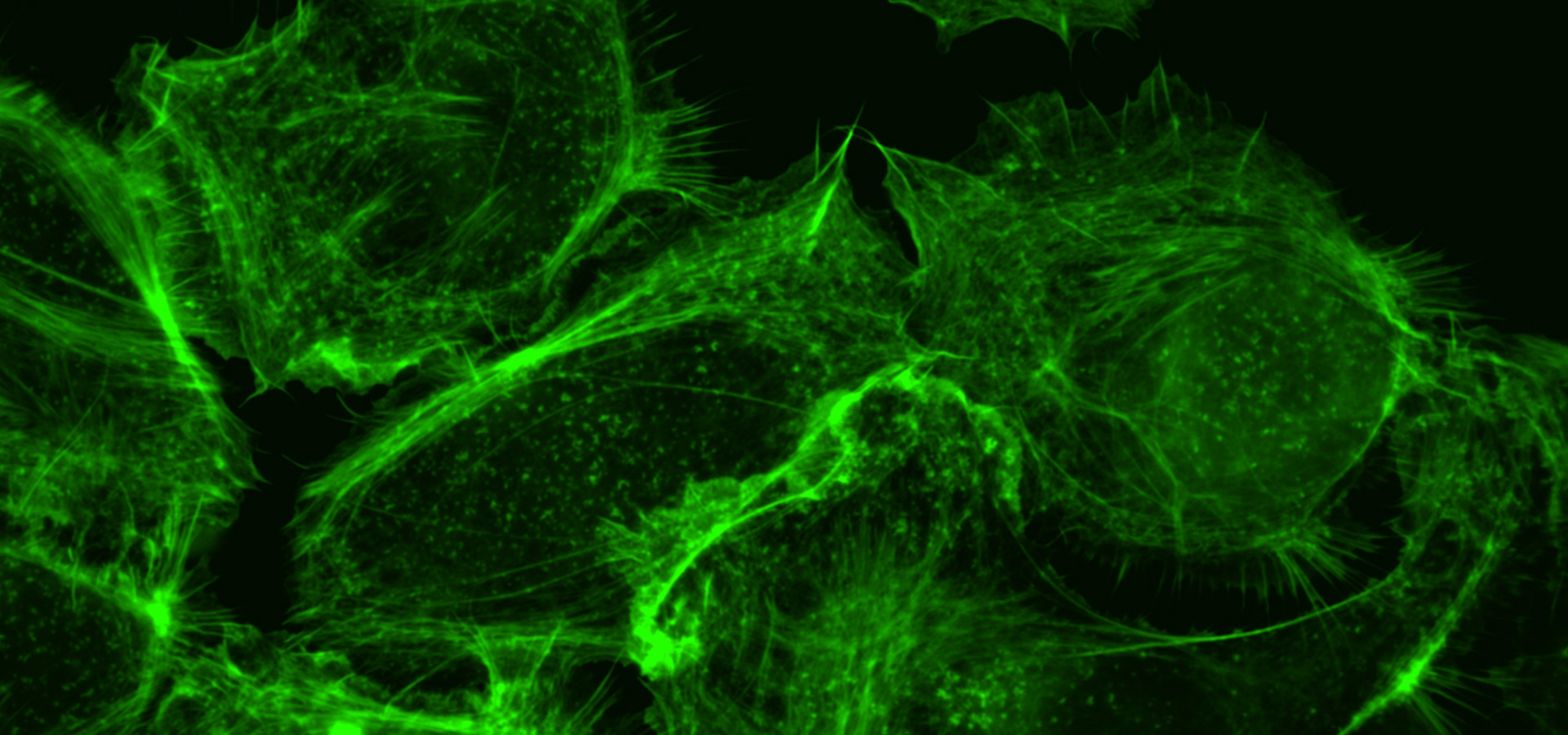 "Actin-in-HPV-16-Oncoprotein" Researchers are working to understand the processes by which HPV can transform a healthy cell into a cancerous one. This image shows actin (stained in green), a protein involved in cell motion, in HPV-16 E6 and E7-expressing human foreskin keratinocytes. This image was originally submitted as part of the 2016 NCI Cancer Close Up project. This image is part of the NCI Cancer Close Up 2016 collection. See also https://visualsonline.cancer.gov/closeup2016.
"Actin-in-HPV-16-Oncoprotein" Researchers are working to understand the processes by which HPV can transform a healthy cell into a cancerous one. This image shows actin (stained in green), a protein involved in cell motion, in HPV-16 E6 and E7-expressing human foreskin keratinocytes. This image was originally submitted as part of the 2016 NCI Cancer Close Up project. This image is part of the NCI Cancer Close Up 2016 collection. See also https://visualsonline.cancer.gov/closeup2016.
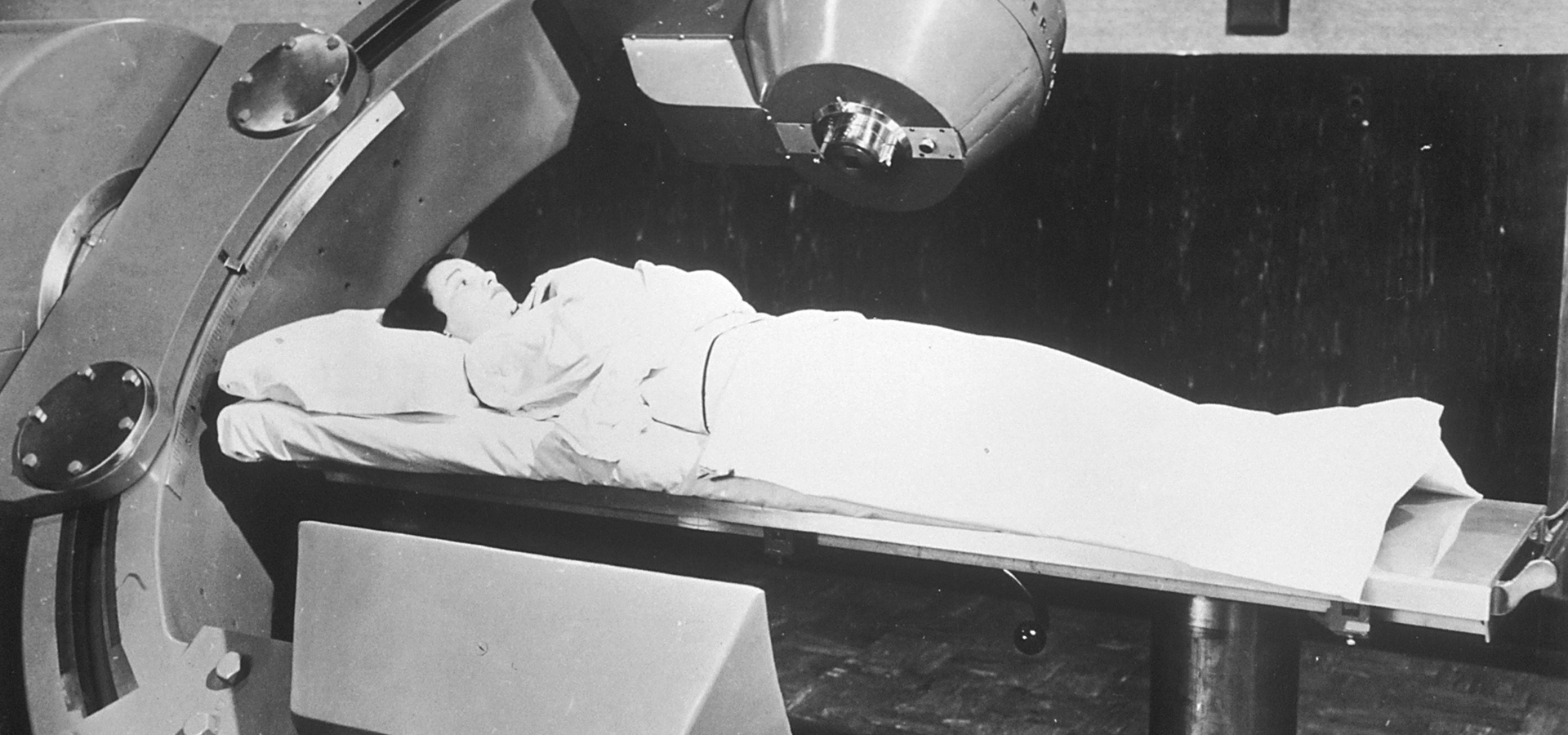 "Cobalt-60-Cancer-Therapy""Cobalt therapy or cobalt-60 therapy is the medical use of gamma rays from the radioisotope cobalt-60 to treat conditions such as cancer. Beginning in the 1950s cobalt-60 was widely used in external beam radiotherapy (teletherapy) machines, which produced a beam of gamma rays which was directed into the patient's body to kill tumor tissue. Because these "cobalt machines" were expensive and required specialist support, they were often housed in cobalt units. Cobalt therapy was a revolutionary advance in radiotherapy in the post-World War II period but is now being replaced by other technologies such as linear accelerators."
"Cobalt-60-Cancer-Therapy""Cobalt therapy or cobalt-60 therapy is the medical use of gamma rays from the radioisotope cobalt-60 to treat conditions such as cancer. Beginning in the 1950s cobalt-60 was widely used in external beam radiotherapy (teletherapy) machines, which produced a beam of gamma rays which was directed into the patient's body to kill tumor tissue. Because these "cobalt machines" were expensive and required specialist support, they were often housed in cobalt units. Cobalt therapy was a revolutionary advance in radiotherapy in the post-World War II period but is now being replaced by other technologies such as linear accelerators."
Announcing
Fall 2024 Class Schedules:
Click here for undergraduate classes and here for Graduate classes
The community of scholars at MIT’s Program in Science, Technology and Society bring methods from the humanities and social sciences to understanding science, technology, and medicine around the world. Our department includes lively undergraduate and graduate programs, and postgraduate training for science and technology journalists.
By bridging humanities, social sciences, science, technology, and medicine, our department seeks to build relationships among colleagues across the Institute in a shared effort to understand the human challenges at the core of the MIT mission.
Arthur Miller Lecture on Science and Ethics
Morison Prize and Lecture in Science, Technology, and Society
![]()
IN REMEMBRANCE
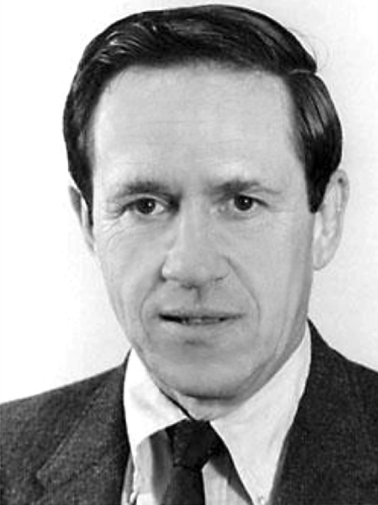
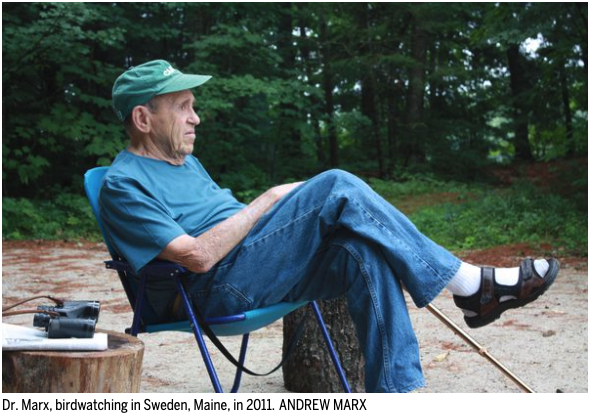 Leo Marx, MIT STS Program Professor Emeritus, died on March 8, 2022.
Leo Marx, MIT STS Program Professor Emeritus, died on March 8, 2022.
READ MORE
MIT News: Remembering Leo Marx
Boston Globe article: Leo Marx, pioneering professor and writer in American studies, dies at 102
*****
Kenneth Keniston, Founder, MIT’s Program in Science, Technology, and Society, died on February 14, 2020.
READ MORE: Remembering Kenneth Keniston
STS in the News

STS In The News
Prof. William Deringer’s interview on Bloomberg’s Wall Street Week about his research included a discussion of VisiCalc and its application to modern finance. His studies on the effect of VisiCalc on…
Prof. William Deringer: in Financial Times’ article, “Automation is coming for private equity’s junior roles” by Sujeet Indap, August 12, 2024. Sujeet Indap in New York_Financial Times…_
Friday, June 07, 2024 at 9:00am to 5:00pm Saturday, June 08, 2024 at 9:00am to 3:00pm at Massachusetts Institute of Technology Wong Auditorium, E51-115 70 Memorial Drive, Cambridge, MA 02142 The…
Undark Magazine
Truth, Beauty, Science.
Breaking News
Breaking news, brisk analysis, and reader discussions at the intersection of science and society.
![]()
STS RADIO

PODCASTS
Faculty Spotlight: David A. Mindell
David A. Mindell, PhD, is Professor of Aeronautics and Astronautics, and Dibner Professor of the History of Engineering and Manufacturing at the Massachusetts Institute of Technology. David has spent twenty-five years researching the myriad relationships between people and machines. He served as an MIT department head for five years, and has led or contributed to more than 25 oceanographic expeditions.
The community of scholars at MIT’s Program in Science, Technology and Society bring methods from the humanities and social sciences to understanding science, technology, and medicine around the world. Our department includes lively undergraduate and graduate programs, and postgraduate training for science and technology journalists.
By bridging humanities, social sciences, science, technology, and medicine, our department seeks to build relationships among colleagues across the Institute in a shared effort to understand the human challenges at the core of the MIT mission.
Arthur Miller Lecture on Science and Ethics
Morison Prize and Lecture in Science, Technology, and Society
![]()
IN REMEMBRANCE

 Leo Marx, MIT STS Program Professor Emeritus, died on March 8, 2022.
Leo Marx, MIT STS Program Professor Emeritus, died on March 8, 2022.
READ MORE
MIT News: Remembering Leo Marx
Boston Globe article: Leo Marx, pioneering professor and writer in American studies, dies at 102
*****
Kenneth Keniston, Founder, MIT’s Program in Science, Technology, and Society, died on February 14, 2020.
READ MORE: Remembering Kenneth Keniston
STS in the News

STS In The News
Prof. William Deringer’s interview on Bloomberg’s Wall Street Week about his research included a discussion of VisiCalc and its application to modern finance. His studies on the effect of VisiCalc on…
Prof. William Deringer: in Financial Times’ article, “Automation is coming for private equity’s junior roles” by Sujeet Indap, August 12, 2024. Sujeet Indap in New York_Financial Times…_
Friday, June 07, 2024 at 9:00am to 5:00pm Saturday, June 08, 2024 at 9:00am to 3:00pm at Massachusetts Institute of Technology Wong Auditorium, E51-115 70 Memorial Drive, Cambridge, MA 02142 The…
Undark Magazine
Truth, Beauty, Science.
Breaking News
Breaking news, brisk analysis, and reader discussions at the intersection of science and society.
![]()
STS RADIO

PODCASTS
Faculty Spotlight: David A. Mindell
David A. Mindell, PhD, is Professor of Aeronautics and Astronautics, and Dibner Professor of the History of Engineering and Manufacturing at the Massachusetts Institute of Technology. David has spent twenty-five years researching the myriad relationships between people and machines. He served as an MIT department head for five years, and has led or contributed to more than 25 oceanographic expeditions.

